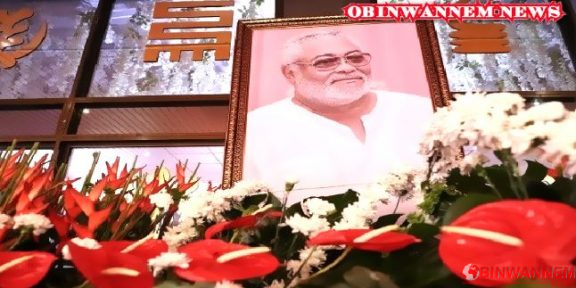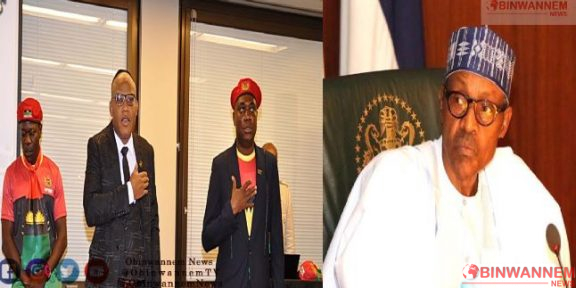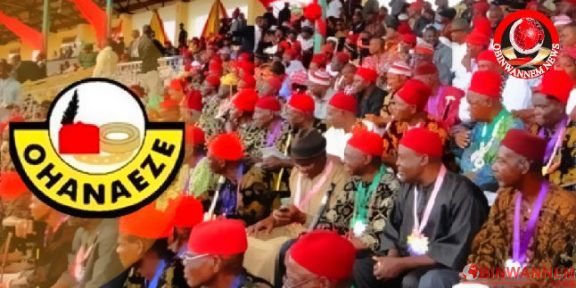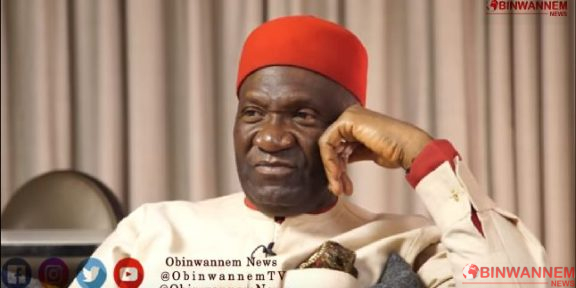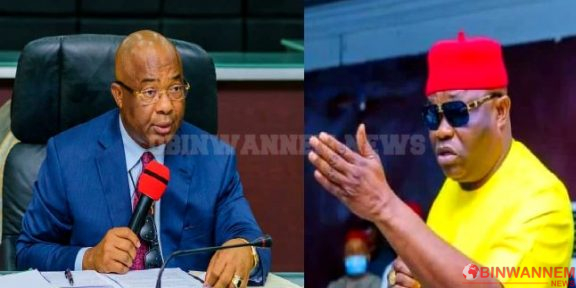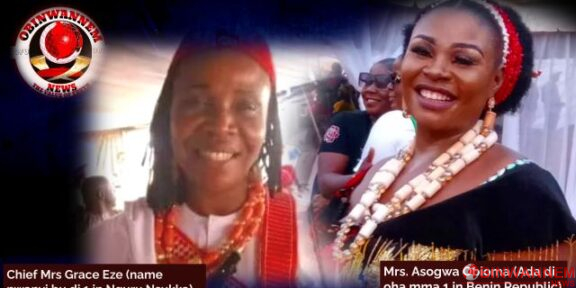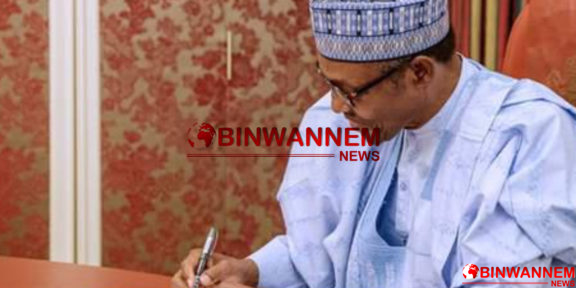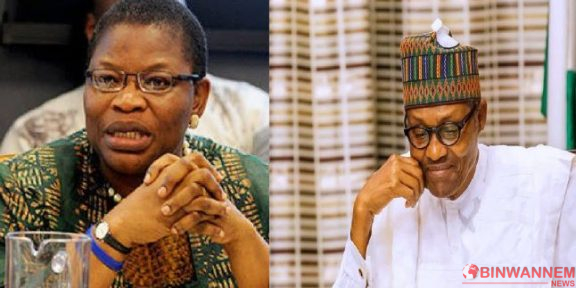The popular assertion that “the judiciary or court is the last hope of the common man” is deeply ingrained in the public consciousness. However, the case of Gladys Ukeje, a Nigerian woman who spent over three decades fighting for her inheritance rights, and the swift resolution of political disputes like that of Ahmed Lawan, reveal a stark reality that calls this assertion into question.
Gladys Ukeje’s legal odyssey began in 1983 when she challenged her exclusion from her father’s estate simply because she was female. Her case languished in the High Court of Lagos for nine long years before a judgment was delivered in her favor in 1992. Even after this victory, the legal battle continued for years through the Court of Appeal and eventually reached the Supreme Court, where a final judgment was delivered in 2014—31 years after the case’s inception.
In contrast, Ahmed Lawan, a prominent Nigerian politician, found himself embroiled in a dispute over a senatorial primary election in 2022. Within months, the case went from the Federal High Court to the Court of Appeal and then to the Supreme Court, where he was declared the winner, despite not participating in the primary election. This rapid resolution stands in stark contrast to Gladys Ukeje’s lengthy legal journey.
This stark juxtaposition highlights a troubling reality in Nigeria’s judiciary—a two-track system that prioritizes the interests of politicians over those of ordinary citizens. By granting swift access to the courts for political cases while dragging out cases involving everyday citizens, the judiciary inadvertently reinforces a system that puts politicians above the law. This not only encourages the undue judicialization of politics but also politicizes the judiciary itself.
The term “political cases” in Nigeria seems to have evolved into a category that encompasses disputes over the spoils of political power. This shift has led to an increasing number of such cases clogging the judicial system, further delaying justice for ordinary citizens. As Chief Justice Olukayode Ariwoola pointed out, these “political cases” are taking a monumental toll on the court’s capacity to address other matters.
The solution to this problem is clear but challenging to implement. Nigeria’s judges must insist that politicians face the same legal processes as ordinary citizens, without any preferential treatment. This would not only force politicians to address internal party dysfunctions but also help unclog the judicial system, allowing it to prioritize the needs of all citizens, not just the powerful few.
The notion that the judiciary is the last hope of the common man can only ring true if the courts truly serve the interests of justice, regardless of one’s social or political standing. Nigeria’s judges must reclaim the judiciary’s authority by refusing to be captive to “political cases” and instead focus on delivering justice swiftly and impartially to all citizens, ensuring that the last hope of the common man remains a beacon of hope, not an illusion.



